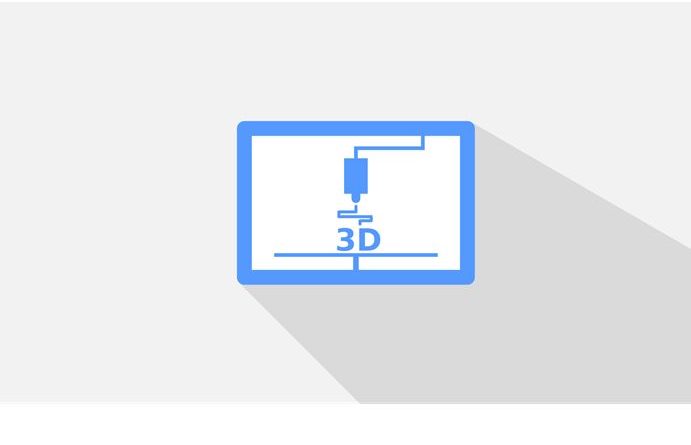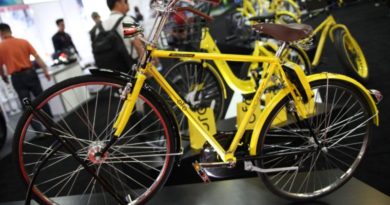OPINION: Using digital technology and 3D printing to build bikes & parts
Could 3D printing truly offer an option for manufacturing sources in the bicycle industry? With the likes of Arevo ‘ushering in the era of the 3D printed bike’ and now with orders from bike brands, including transmission systems for e-bikes, the concept is becoming a reality for the bicycle industry. A new report from Verhelst Associates examines the possibilities in depth…
Following a leading topic in Taipei of sourcing bikes and parts from beyond China’s mainland, there are other options gaining serious consideration, including the expansion of domestic manufacturing of some, if not all, parts to build performance level bicycles and e-bikes.
A paper has been authored by a leading US market research consulting firm that has been deeply involved in the promotion of pedal-assist electric bikes in the North American market for the last four years through experiential events. The report looks at using the latest in advanced manufacturing technologies as a possible alternative to the traditional bike manufacturing scenarios.
The title, “The Bicycle Industry: A Conundrum For Domestic Manufacturing” presents the possibility of using advanced 3D print technology and other just-in-time manufacturing resources to create new products and complete bicycles.
The deep dive into the latest advances in 3D manufacturing includes interviews with some of the leading print hardware companies. Written with an American point of view, it also touches on the tariff position, government policies and some truths about financing the resurgence of all manufacturing sectors. The paper looks at a business case scenario that is built around a lean operation that relies heavily on automation and a smaller, but skilled workforce. The reality is that all of this could be easily adopted into international markets affected by hefty tariffs.
“We used the new US tariff percentages against traditional bicycles coming from China with a net inbound cost of $600.00 as a base,” said author, Ray Verhelst. “Calculating a container of 200 units at 36% means that an importer would need to fork over $43,200.00 USD plus port charges just to get the bikes into a warehouse.” Verhelst added: “If the plan is to import and sell 4,000 bikes over the course of 12 months, the newly enhanced tariff will cost the importer $864,000 USD, providing no other benefit other than the privilege to bring the products into the country.”
The paper looks at alternative ways to reach these manufacturing volumes, keep respectable margins, and use these tariff funds to invest in an actual production facility. According to Verhelst, the report only touches on the technological details of the different print platforms, but needless to say, in just a little over ten years, the advancements have reached levels where true finished part printing is achievable.
“In the article, we interviewed one Silicon Valley company that had created a competitively priced 3D-printed carbon fiber eBike frame which had been displayed during Eurobike. At the time of the interview, they had already secured a purchase order for a large volume of these frames bundled with a new Oechsler mid-drive system. As of last week, we learned that two additional brands have contracted for a frame and drive package from them.” Verhelst added: “The best part is that this was not a plan for the company to get into the bike business, but rather a unique way to demonstrate their patented 3D print platform.”
While the technology is US-based, the scenario is adaptable to global markets. One of the questions posed in the report is whether EU buyers would be interested in importing American-made performance bicycle parts.
The paper is available to download and read for free, and additional updates will be coming both from the technology side as well as a few entrepreneurial manufacturers who have read the report and indicated some serious interest in looking into this alternative.



